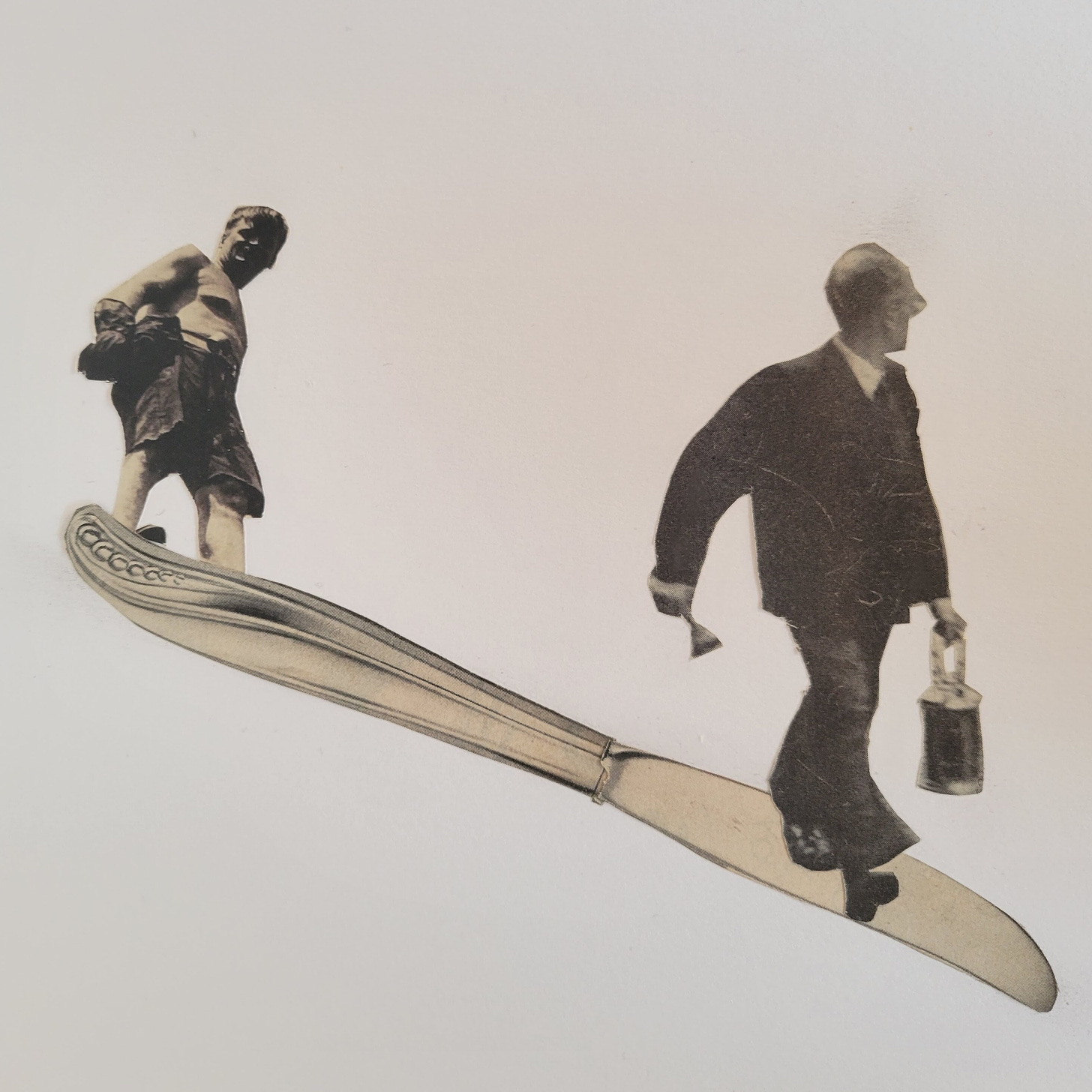E31. Lou Reed’s Nephew on Virtue
I had wondered, and worried, how Lou Reed’s Nephew would handle his newfound success. He was suddenly in great demand.
“I wish I had an identical twin,” Lou Reed’s Nephew said.
“Why? Companionship? Division of labor? Screwball high jinks?”
“Moral authority.”
“Of course.”
“It’s a very strong motivator.”
“I have noticed. But what does having an identical twin have to do with moral authority?”
“It is very difficult to figure out what we have earned in life and what we have been given,” he said.
“Sure. Nature vs. nurture.”
“I don’t watch TV,” he said. “I’m talking about privilege.”
“Ah,” I said, squirming in my chair.
“It’s okay. We can say it. Everyone here has it.” He indicated the entire floor, building, neighborhood.
“Good point.”
“The problem is, it is impossible to tell what each of us has because of our privilege and what we have achieved through our own efforts.”
I had wondered, and worried, how Lou Reed’s Nephew would handle his newfound success. He was suddenly in great demand. A truck outfitted with a full studio for talking head remotes had taken up residence in a parking spot on Great Jones, just so he could pop in with the coy content perspective on short notice. If he had been a thought concierge, he was now something else. (Though if he had officially been granted another brandway, he hadn’t shared this fact with me.)
“And this is important to you?”
“It’s nice to know where one stands.”
“Benchmarking is important,” I agreed.
“But it would only be possible to understand how one is performing in this game of life if there was someone with the exact same amount of privilege against which one could judge one’s accomplishments. Someone with the same natural gifts, raised in an identical environment, against which to compare yourself.”
“A twin.”
“Exactly. A control. A global system of privilege handicapping based on predictive models would work, too, though that might face practical challenges, except in China. They must have something by now.
“Think how comforting it would have been to Pete Rose, my Bolshevik friend, to have had an identical twin who turned out to be a predatory lender or a prison guard? It would have eased so much of his pain.”
“Yes, a twin seems to be the way. There is something called duplicate bridge, where each team gets a chance to play the same set of cards, to see who can make the most out of identical circumstances.”
“Exactly,” he said. “I had no idea you were interested in architecture.”
“But, just so I understand, you wish you had an identical twin so that you could best him and lord this superiority over him?”
“And others. I’d like to lord it over others too. That’s the important part, really. How do I know I’m doing well? That I’ve prospered, both materially and morally? Look at my monstrous twin.”
“That is an argument ender,” I agreed.
“Total mic drop,” he said, an imaginary object falling from his outstretched palm.




